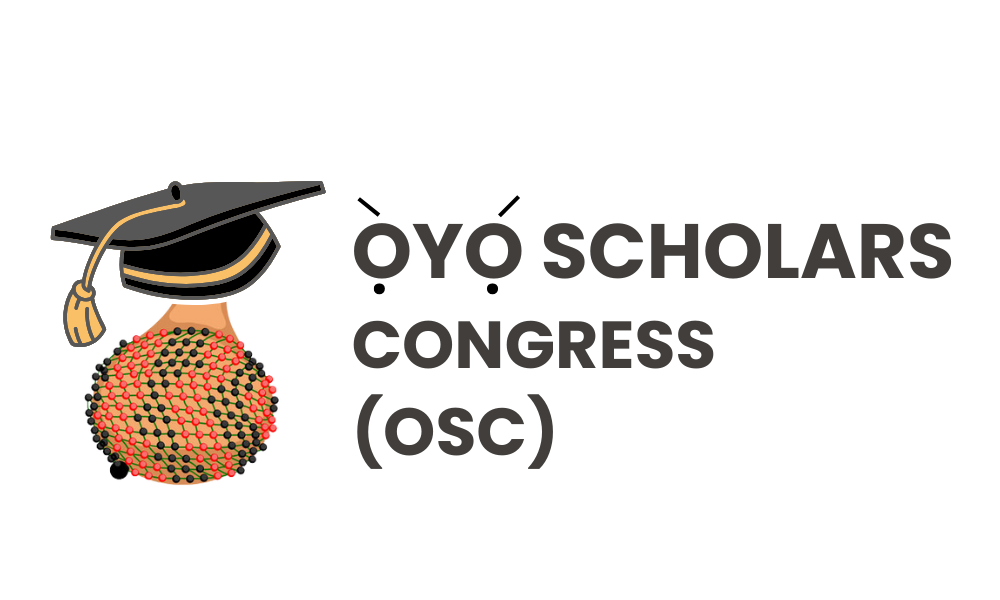Overview
Prof. Oloruntoba’s career began as a Scientific Officer at the Public Health Laboratory in the Oyo State Ministry of Health, Ibadan, Nigeria. Rising to Assistant Director (Food, Water, and Laboratory Services) by 2000, she oversaw critical public health projects in laboratory and field settings. She later joined the College of Medicine, University of Ibadan, in 2002, where she currently serves as a Professor (since 2020) in the Department of Environmental Health Sciences.
Prof. Oloruntoba is a distinguished researcher in Environmental Health with emphasis on: Community-based Water, Sanitation, Hygiene (WASH) and Health; Water and wastewater quality management; Solid waste management; & Food hygiene and safety. She is a World Bank Scholar (1994–1996) and Visiting Scientist at the International Water Management Institute, Sri Lanka, and Ghana under The World Academy of Science/UNESCO Fellowship scheme (2016–2018).
Prof. Oloruntoba has over 40 years of experience in water quality assessment and monitoring and has pioneered affordable and sustainable methods for community/household-based drinking water quality treatment. Her extensive career reflects commitment to improving water quality and environmental health standards through research, policy advocacy, and hands-on community engagement. She has published over eighty publications consisting of journal articles, books, book chapters, and two patents. She has supervised to completion 80 Masters and 7 PhD dissertations & Theses.
Prof Oloruntoba is a member of various International and National Professional Organizations such as: International Water Association (IWA), Environmental Health Council of Nigeria (licensed member), Organization for Women in Science for Developing World (OWSD), Environmental Health Scientist Association of Nigeria, Network of Female Professionals in WASH (FEMinWASH), International Society of Environmental Epidemiology (ISEE), Nigerian Network for Awareness and Action for Environmental Health (NINAAFEH). She is a LEAD Fellow and Fellow of the West African Postgraduate College of Environmental Health.

